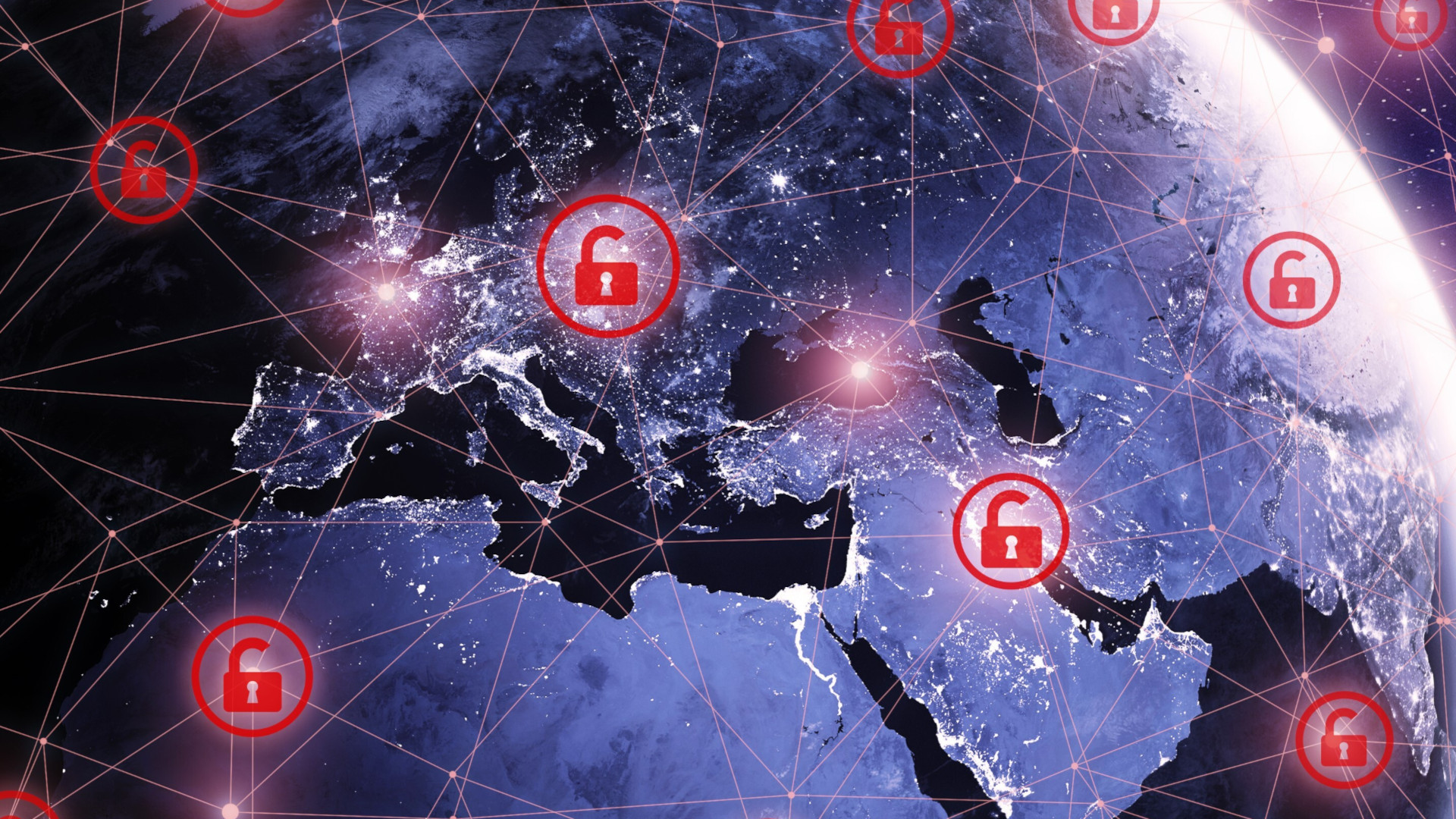
This week in people proving we don't deserve nice things, the nonprofit Internet Archive and its Wayback Machine are being hit by "tens of thousands of fake information requests per second", per an official Archive.org blog post explaining why stability and access have been suffering since the attack started on Sunday. Fortunately, all of the actual data seems to be safe, but the Internet Archive getting knocked offline and slowed down by DDoS attacks isn't good for...anybody, really, except maybe greedy publishers and other shady interests.
Make no mistake: the Internet Archive is a very important resource for the web and its users at large. Cached web pages come in clutch whenever the original host has gone offline, and is useful for posterity/accountability with revisions, edits, errors, and so on. Indeed, the Wayback Machine is so fundamental that when Google cut its own web page caching service, and told everyone to use Internet Archive instead!
Brewster Kahle, founder of Internet Archive, made several comments on the matter in an official blog post. He clarified "We are hardening our defenses to provide more reliable access to our library. What is new is this attack has been sustained, impactful, targeted, adaptive, and importantly, mean."
He further elaborated, "If our patrons around the world think that this latest situation is upsetting, then they should be very worried about what the publishing and recording industries have in mind. I think they are trying to destroy this library entirely and hobble all libraries everywhere. But just as we're resisting the DDoS attack, we appreciate all the support in pushing back on this unjust litigation against our library and others."
In the alleged words of infamous hacker Stewart Brand, "Information wants to be free". Now make no mistake: finding ways to support your favorite publications, authors, and so on is still important — but that importance doesn't justify obfuscating potentially life-critical information out of sheer spite. The Internet Archive is a critical resource for every Internet user, viewer, or creator, and such malicious attacks on a shared spring of knowledge reveal a deep lack of character and foresight on the party or parties involved.
Here's an idea: if the perps behind this attack don't like the Internet Archive or how it may archive 'their' your content, why not provide better availability/service instead of resorting to legal and technical sabotage? God forbid a copyright holder or Internet troll be forced to innovate.







